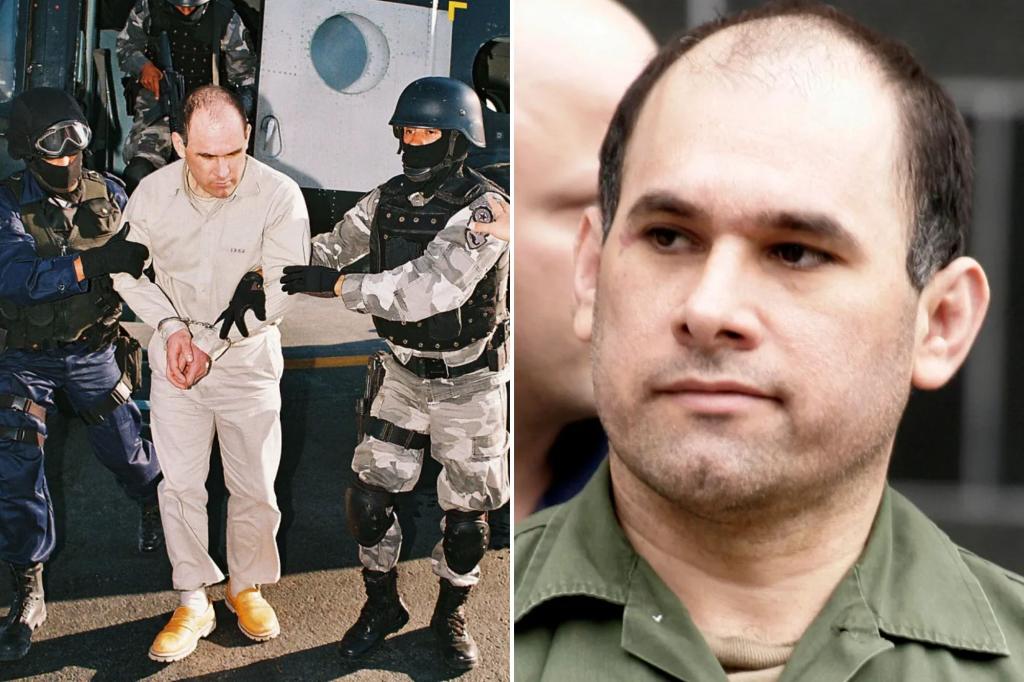Osiel Cardenas, one of Mexico’s most notorious drug chiefs, was released from a US prison into the custody of immigration officials who may deport him. As the former leader of the Gulf Cartel, Cardenas was responsible for some of the bloodiest gang violence in Mexico’s history. He founded the Zetas, an armed wing of the Gulf Cartel that included former army special forces members and embraced hyper-violent tactics such as decapitations.
Captured in 2003 after a gun battle, Cardenas was extradited to the United States in 2007 and sentenced to 25 years in prison in 2010. The Zetas later split off from the Gulf Cartel and became one of the most deadly crime groups in Mexico before losing influence. Cardenas’s release from prison into the custody of US Immigration and Customs Enforcement raised questions about whether he will be deported to Mexico or allowed to remain in the US. He currently remains in ICE custody pending a final determination.
Reports suggest that the Biden administration plans to hand over Cardenas to Mexican officials on Monday. Cardenas faces outstanding charges in Mexico and is currently being held in a migration detention center in the US. Leo Silva, a former DEA agent who worked in Mexico countering the Zetas, holds Cardenas directly responsible for the increased violence that has plagued Mexico for the past two decades. The Zetas were known for branching out from drug trafficking to extorting residents and businesses in areas they controlled as well as engaging in widespread kidnapping for ransom.
Cardenas’s release from prison has sparked concerns about the impact his return to Mexico could have on the country’s security situation. As a key figure in Mexico’s drug trade, Cardenas played a significant role in shaping the violent tactics used by criminal organizations in the country. The Zetas, which he founded, were known for their brutal tactics and ruthless methods of control. Cardenas’s release comes at a time when Mexico is already dealing with high levels of violence linked to organized crime.
The involvement of US immigration officials in Cardenas’s release has raised questions about whether he will face deportation or be allowed to stay in the US. The decision regarding his ultimate disposition will have significant implications for both Mexico and the US. With Cardenas’s history of violence and criminal activity, his return to Mexico could potentially reignite conflicts between rival cartels and further destabilize the region. The ongoing efforts to combat drug trafficking and organized crime in Mexico will likely be impacted by Cardenas’s release and potential deportation.
Overall, Cardenas’s release from prison marks a significant development in the ongoing battle against drug trafficking and organized crime in Mexico. His role in founding the Zetas and his history of violence and criminal activity have left a lasting impact on the country’s security situation. The decision regarding his future will have far-reaching implications for both Mexico and the US, and will likely shape the dynamics of the drug trade in the region moving forward.


